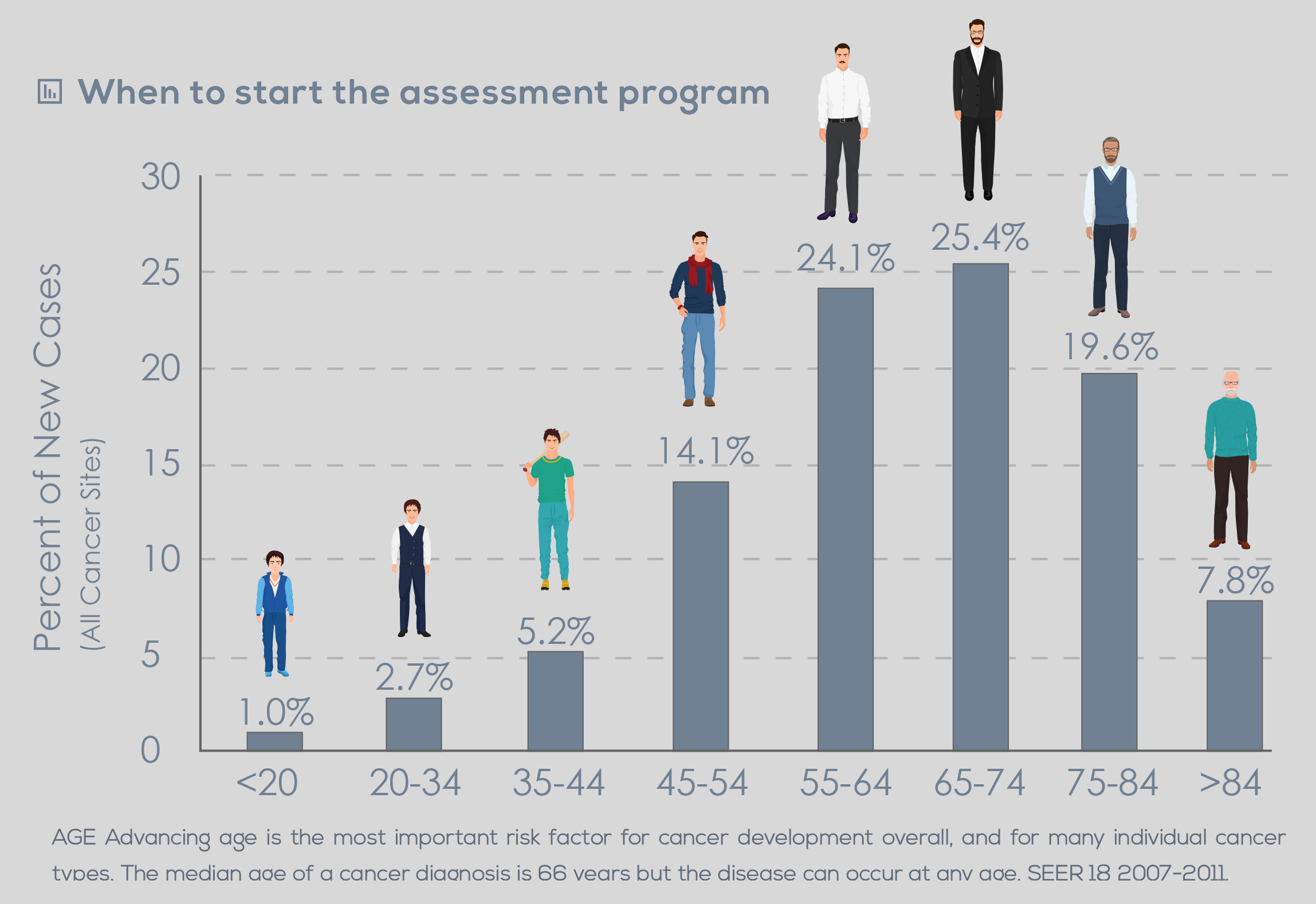Alborelli et al. studied genomic alterations by means of molecular barcoded ultra-deep sequencing. They first analyzed tissue and blood samples from patients with a histologically confirmed diagnosis of cancer (30 cases of non-small cell lung cancer and 8 cases of breast cancer). Their results highlighted a substantial level of concordance (71%) between blood and tissue mutation profiles, suggesting that cfDNA analysis reliably mimics tissue genomic features. Moreover, certain mutations were detected only by blood cfDNA analysis, confirming the potential clinical value of using this approach in parallel to tissue biopsy, particularly for detecting mutations that are relevant for acquired therapy resistance.
Then, they analyzed cfDNA in the blood of 106 women that were healthy at the time of sample collection and that were followed up regularly for the development of breast cancer or any other malignancy for up to 10 years later. A first group of participants did not develop any malignancy during the follow-up; a second group developed fibrocystic breast changes (for example, mastopathy); a third group developed breast cancer, and a fourth group another type of solid tumor. Most healthy individuals (84%) showed no genetic alterations, but 7 out of 55 healthy individuals analyzed showed clinically relevant gene mutations, 4 of which are well known cancer hotspot mutations.


